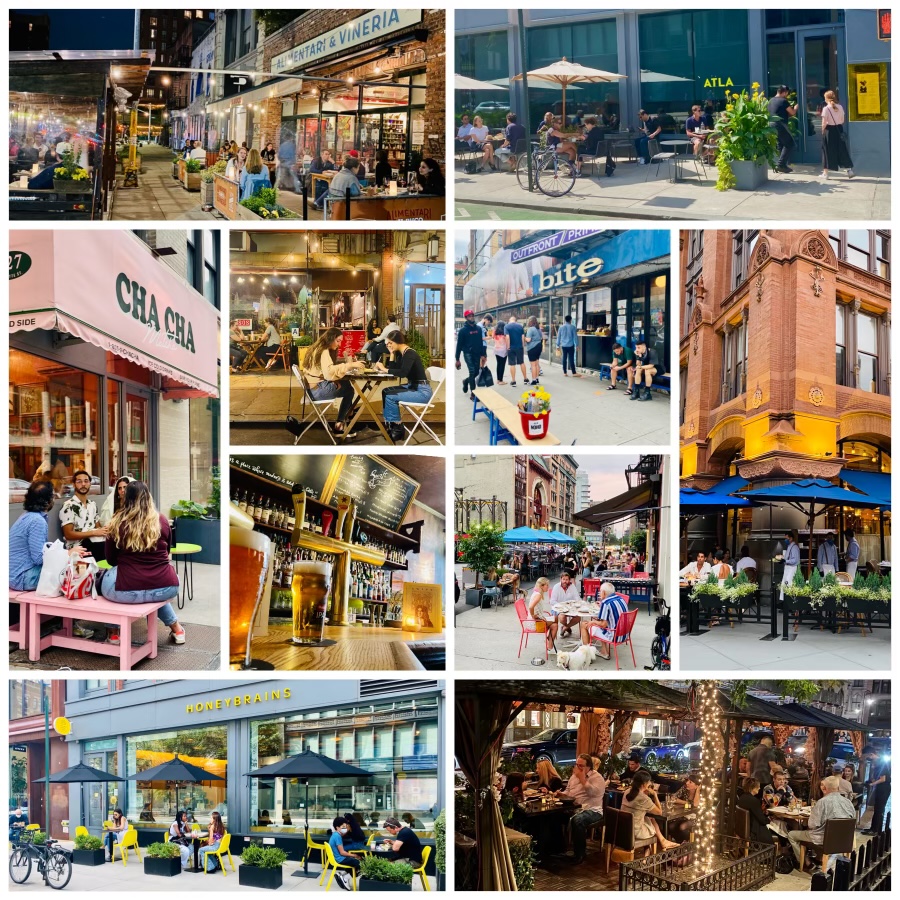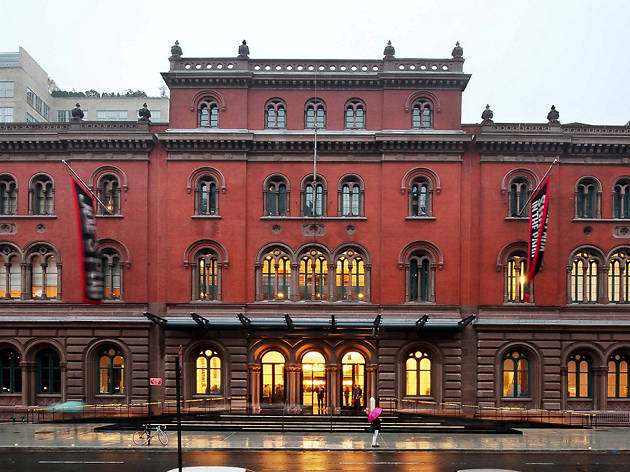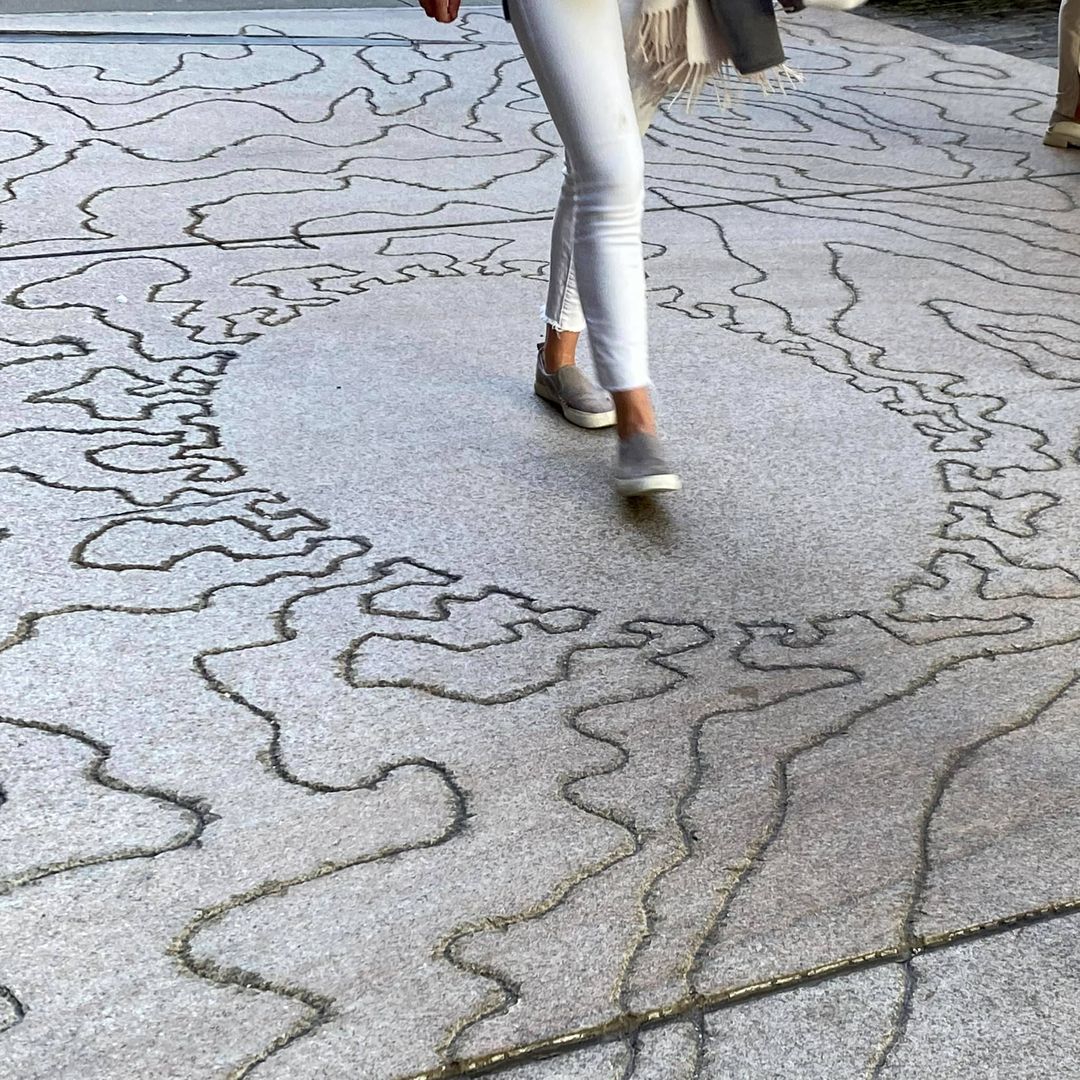
We’re sad to share that Renato passed away in July 2022. His sense of humor, endearing personality, and love of the neighborhood he worked in for over 40 years will be sorely missed.
In 1981, Renato Vasconez, having just landed in New York City, was drawn to NoHo, a neighborhood hiding many of the city’s secret treasures behind a façade of run-down buildings. With the dangerous streets of Chicago fresh in his memory, Renato didn’t believe his coworker’s safety concerns about walking further east across Lafayette at night. After receiving his first paycheck, he did just so, pridefully strolling across the now luxury studded avenue, like an imperialist in a newly discovered land. In an unsurprising turn of events, he was approached by a man with a large stature, who in one fluent and powerful motion ripped one of Renato’s pant legs off. For some, this would call for a sudden change in scenery, but this was a sadistic yet sweet reminder of home for Renato. This was the beginning of Renato’s tale, a man who has seen NoHo falter, develop, and thrive over the past 41 years, all from the unique perspective of a superintendent of 640 Broadway.
NoHo was a hub for celebrities, past, present, and future. Renato recalls frequently conversing with Robert DeNiro, Eddie and Grandpa of The Munsters and exchanging nods with Al Pacino. When he thinks back to Madonna’s young unknown talent, he chuckles that he was forced to quiet her down after being berated with noise complaints. Or the pesky Michel Basquiat, using the Crosby entrance of his building as a personal canvas. Renato still wonders how much money those graffiti pieces would be worth now and would prefer them to the “meaningless tags” that he has to clean regularly. Now in the lobby of 640 Broadway lives a giant collage of polaroid’s gifted to the building by Maripol Faque, a former resident of the 9th floor and an influential designer, stylist, and photographer. The wall is flooded with pictures of young celebrities and creative thinkers such as Andy Warhol and Grace Jones, all of whom had visited Maripol’s artistic enclave.
Over the years, Renato experienced many different cultural and commercial developments across the vast array of buildings he worked at in the neighborhood. Reflecting upon the retail and sneaker scene that took hold, Renato was reminded of Andre McDonnell, the past manager at Atrium, now known as KITH. He would often find Andre giving away sneakers to the homeless on Crosby Street and made a point to praise his eagerness and relentless dedication for sharing his love of sneakers with homeless people throughout the city. Renato approached Andre, saying that the reason his work stands out is that it comes “From the soul (sole).” This sentiment eventually became the name of Andre’s non-profit that started as a charitable hobby and has now bloomed into a worldwide recognized charity that distributes thousands of pairs of shoes across the globe yearly.
When I asked Renato his favorite contribution to the community’s dynamic, he revealed his ultimate side gig and most profound passion, Crosby Connections. He, an Ecuadorian with a Yugoslavian mother, opened up an authentic Italian sandwich and sub shop. One may respond, “what’s authentic about that?” Growing up with an Italian godfather and dating infamous gangster John Gotti’s niece, Renato was exposed to no shortage of Italian culture. Out of the backside of 640 Broadway, Renato constructed a sandwich shop with the dimensions of 8ft by 7ft. The bread was fresh from Parisi Bakery on Mott Street, and the tomato sauce was his mother’s famous recipe. While it started as a spot for locals, suits from Midtown began flooding the place within a matter of time, branding it as the best meatball sub shop in the city. Renato, the mastermind behind Crosby Connections, was bestowed the title “The Chef,” and to pay homage to his mother, the sauce was called “Mama Mia.”
In NoHo back then, it didn’t matter what or who you were, as long as you acted as you belonged there and contributed your personal touch to the collaborative creative culture of the neighborhood. NoHo wasn’t driven or divided by status, and for that reason, a unique array of people could co-exist within a small area of land. Very little set apart the grassroots artists on the 9th floor of 640 Broadway from the pimps squatting the 8th floor. They used the same drugs, listened to the same music, and had a great appreciation for each other’s styles. NoHo is an abstract collage of stories and personalities that cannot be replicated anywhere else. The ideas of the brilliant people that originate in NoHo manifest roots that seep beneath the cobblestone road of Crosby Street, branching out to every corner of the city and the world.
Spotlight by Aaron Miller





